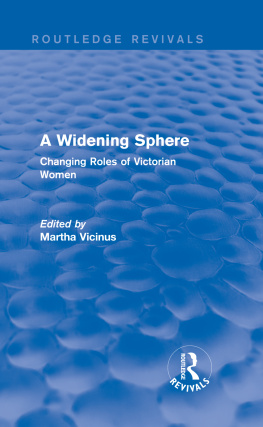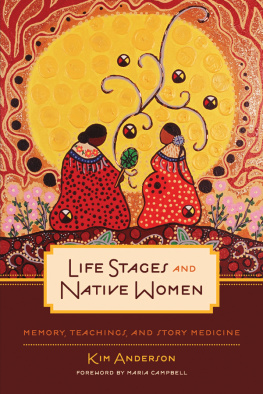Louis J. Kern - An Ordered Love: Sex Roles and Sexuality in Victorian Utopias--The Shakers, the Mormons, and the Oneida Community
Here you can read online Louis J. Kern - An Ordered Love: Sex Roles and Sexuality in Victorian Utopias--The Shakers, the Mormons, and the Oneida Community full text of the book (entire story) in english for free. Download pdf and epub, get meaning, cover and reviews about this ebook. City: Chapel Hill, year: 2014, publisher: University of North Carolina Press, genre: Religion. Description of the work, (preface) as well as reviews are available. Best literature library LitArk.com created for fans of good reading and offers a wide selection of genres:
Romance novel
Science fiction
Adventure
Detective
Science
History
Home and family
Prose
Art
Politics
Computer
Non-fiction
Religion
Business
Children
Humor
Choose a favorite category and find really read worthwhile books. Enjoy immersion in the world of imagination, feel the emotions of the characters or learn something new for yourself, make an fascinating discovery.

- Book:An Ordered Love: Sex Roles and Sexuality in Victorian Utopias--The Shakers, the Mormons, and the Oneida Community
- Author:
- Publisher:University of North Carolina Press
- Genre:
- Year:2014
- City:Chapel Hill
- Rating:5 / 5
- Favourites:Add to favourites
- Your mark:
An Ordered Love: Sex Roles and Sexuality in Victorian Utopias--The Shakers, the Mormons, and the Oneida Community: summary, description and annotation
We offer to read an annotation, description, summary or preface (depends on what the author of the book "An Ordered Love: Sex Roles and Sexuality in Victorian Utopias--The Shakers, the Mormons, and the Oneida Community" wrote himself). If you haven't found the necessary information about the book — write in the comments, we will try to find it.
The lives of men and women changed substantially when they joined one of the utopian communities. Louis J. Kern challenges the commonly held belief that Mormon polygamy was uniformly downgrading to women and that Oneida pantagamy and Shaker celibacy were liberating for them. Rather, Kern asserts that changes in sexual behavior and roles for women occurred in ideological environments that assumed women were inferior and needed male guidance. An elemental distrust of women denied the Victorian belief in their moral superiority, attacked the sanctity of the maternal role, and institutionalized the dominance of men over women.
These utopias accepted the revolutionary idea that the pleasure bond was the essence of marriage. They provided their members with a highly developed theological and ideological position that helped them cope with the ambiguities and anxieties they felt during a difficult transitional stage in social mores.
Analysis of the theological doctrines of these communities indicates how pervasive sexual questions were in the minds of the utopians and how closely they were related to both reform (social perfection) and salvation (individual perfection). These communities saw sex as the point at which the demands of individual selfishness and the social requirements of self-sacrifice were in most open conflict. They did not offer their members sexual license, but rather they established ideals of sexual orderliness and moral stability and sought to provide a refuge from the rampant sexual anxieties of Victorian culture.
Kern examines the critical importance of considerations of sexuality and sexual behavior in these communities, recognizing their value as indications of larger social and cultural tensions. Using the insights of history, psychology, and sociology, he investigates the relationships between the individual and society, ideology and behavior, and thought and action as expressed in the sexual life of these three communities. Previously unused manuscript sources on the Oneida Community and Shaker journals and daybooks reveal interesting and sometimes startling information on sexual behavior and attitudes.
Louis J. Kern: author's other books
Who wrote An Ordered Love: Sex Roles and Sexuality in Victorian Utopias--The Shakers, the Mormons, and the Oneida Community? Find out the surname, the name of the author of the book and a list of all author's works by series.




